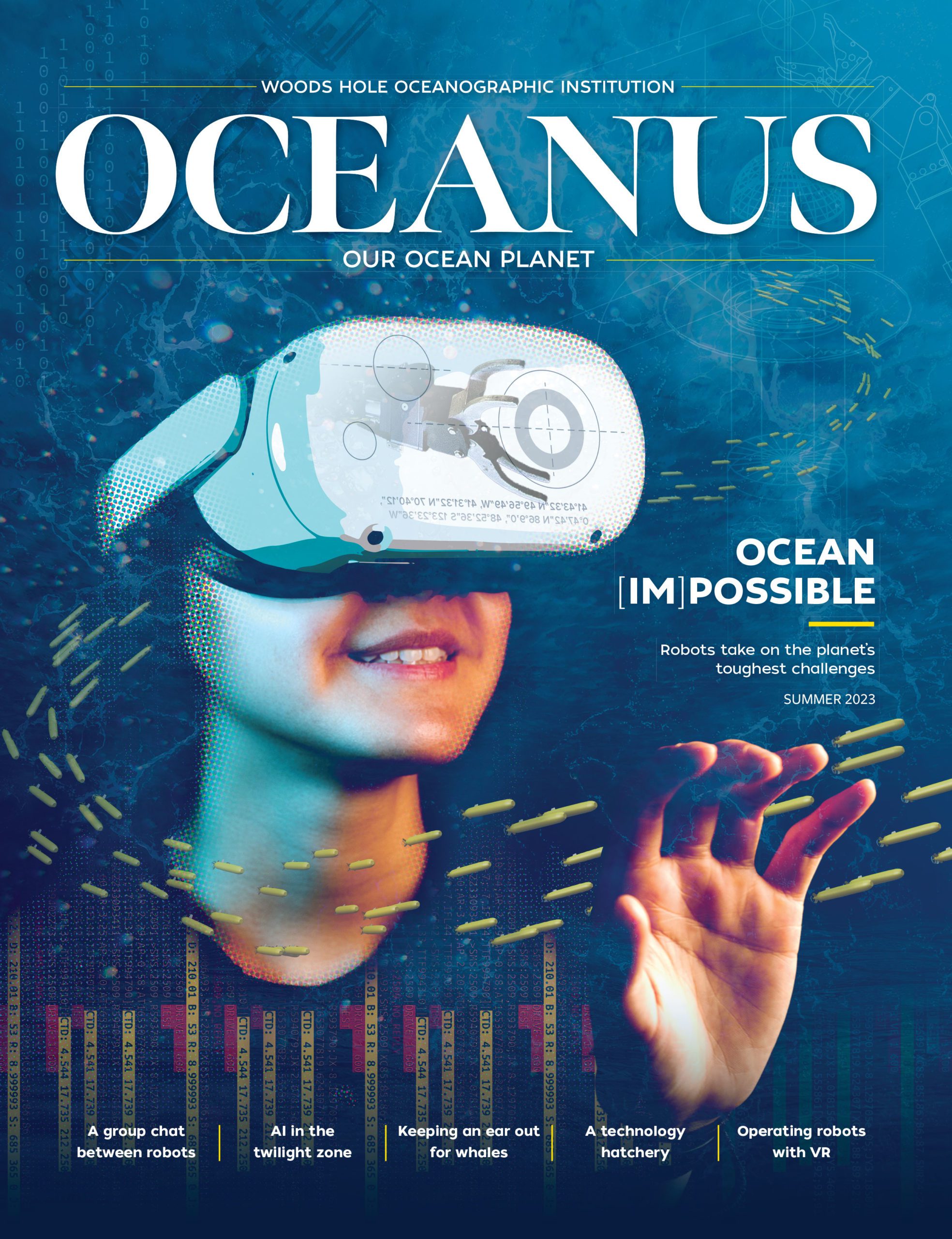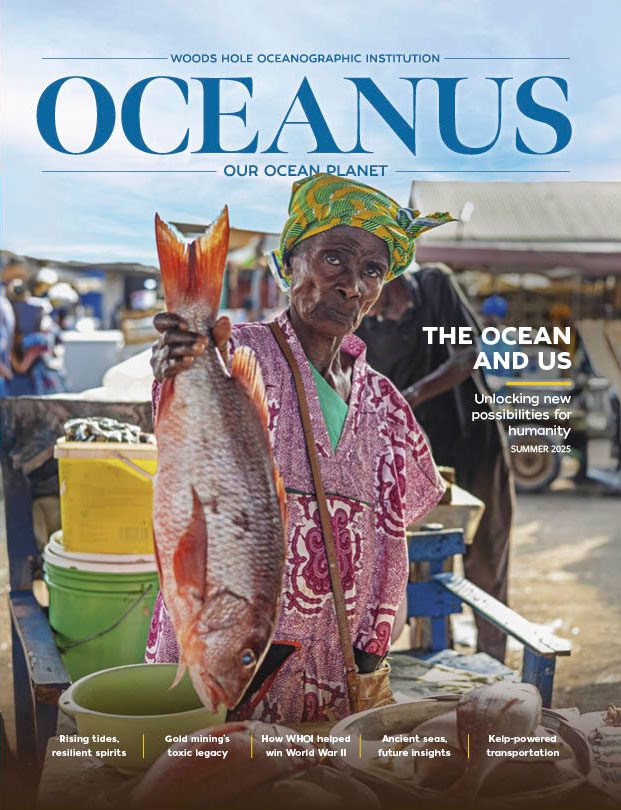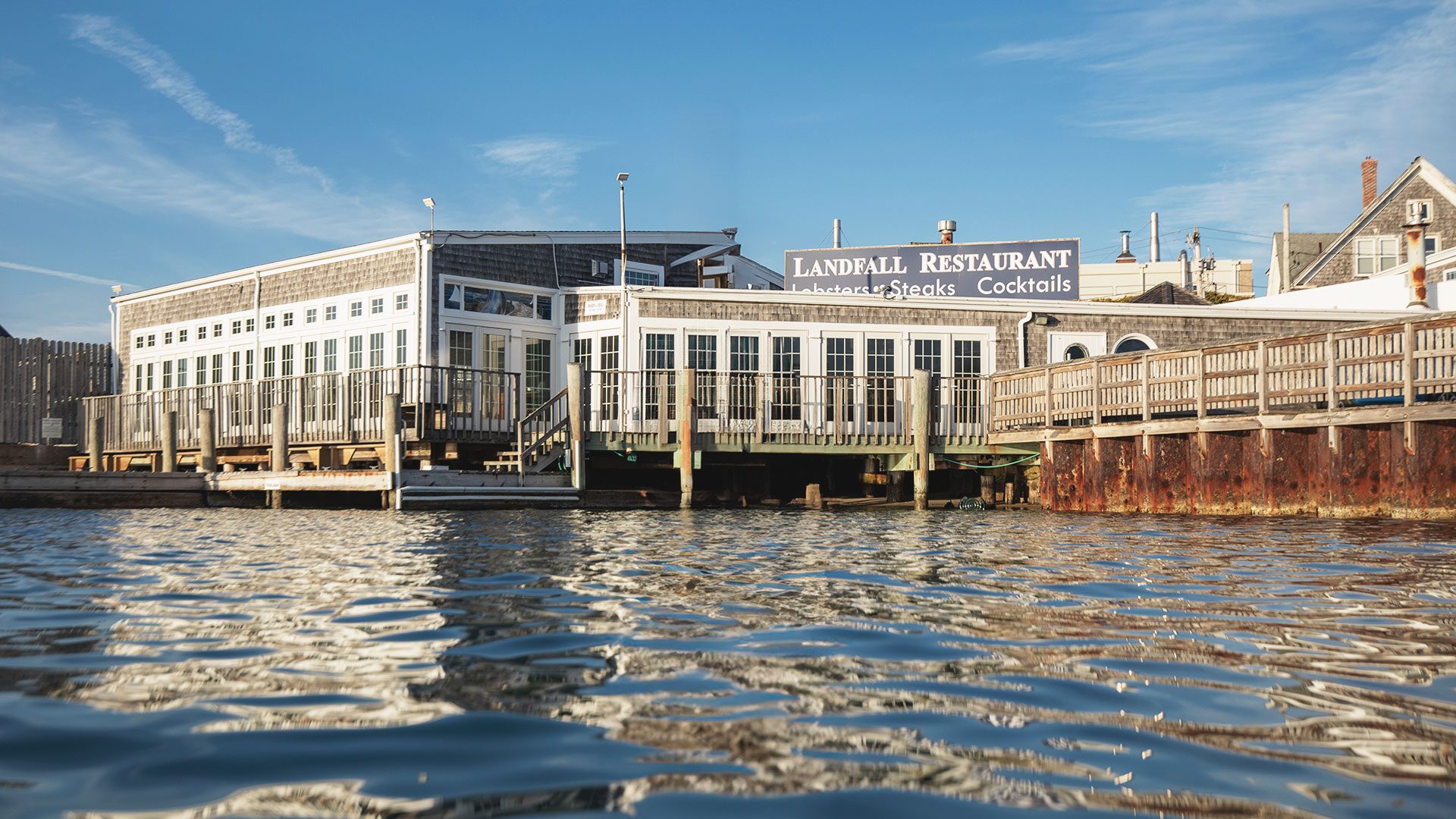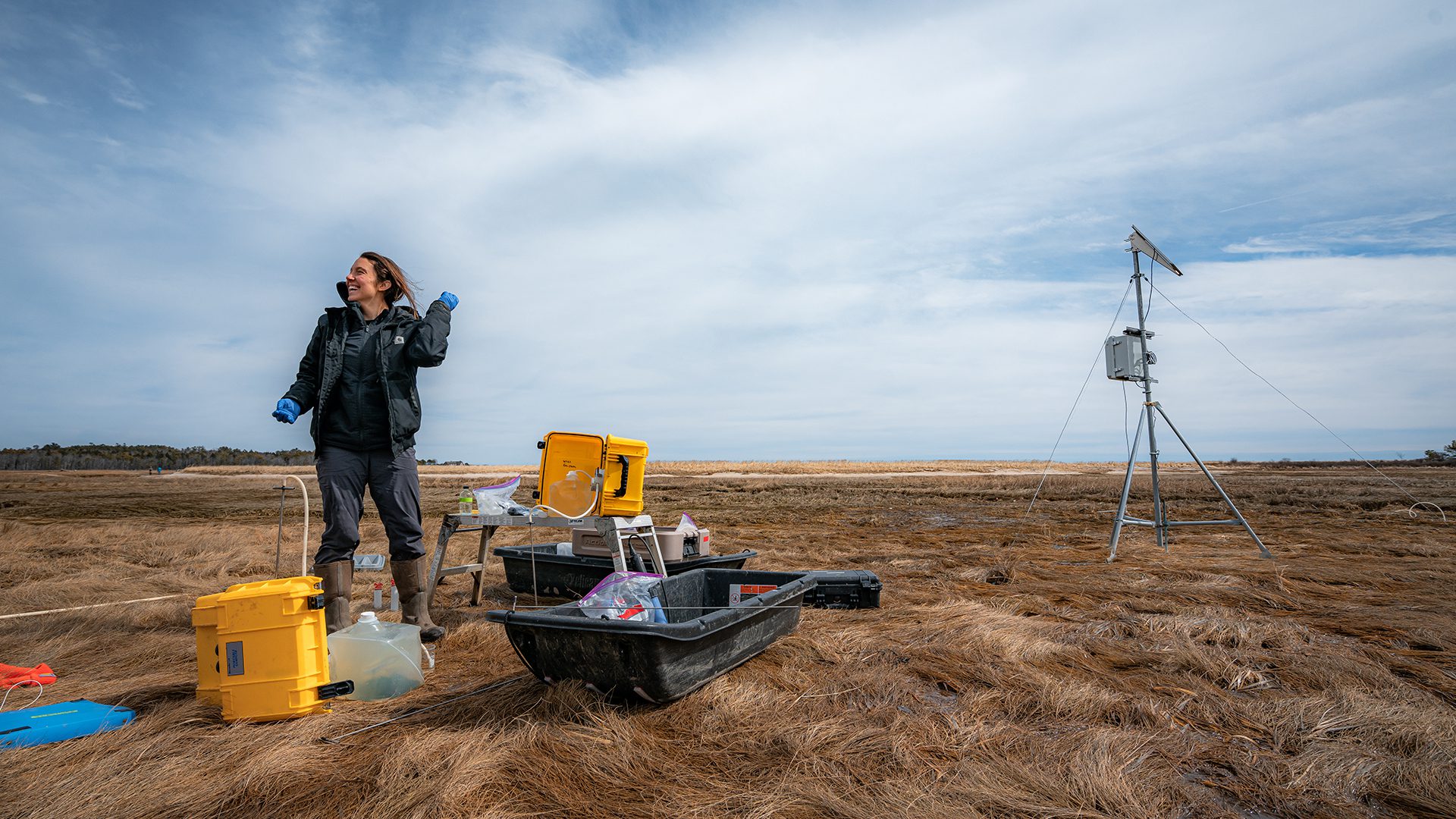
The Power of Super Reefs
Donation from Jessica and Andrew Sieja kickstarts project to aid resilient reefs
Estimated reading time: 2 minutes
 This article printed in Oceanus Summer 2023
This article printed in Oceanus Summer 2023
Jessica Sieja was in high school when she got her first glimpse of a coral reef. Her father wanted his family to experience the wonder that he felt as a kid, diving on reefs in his native Indonesia. They got their diving certificates on a trip to Australia’s Great Barrier Reef, and later visited reefs in Thailand and Indonesia.
“Experiencing those beautiful thriving reefs first-hand is something you don’t forget,” Sieja says. “Now, 20 years later, I’m thinking about what the future holds for my kids. What I would give for them to be able to experience that biodiversity.”
That personal connection to coral reefs, combined with her growing alarm at the climate crisis, prompted Sieja to make a major gift to WHOI’s Super Reefs initiative. The project—a partnership between WHOI, Stanford University, and the Nature Conservancy—seeks to identify, protect, and aid reef recovery in areas that have shown resiliency despite increasing marine temperatures and pollution. Working with the governments and scientists of several Pacific Island nations, the project’s first goal is to limit the impacts of pollution and fishing by expanding these countries’ marine protected areas (MPAs). Divers and underwater robots will search for additional “super reefs” and create maps and models of where coral larvae travels. In alliance with local scientists, Super Reefs researchers will conduct tests and initiate recovery efforts through community engagement and establishing coral nurseries.
“I wanted to donate to something strategic, where we can see the impact,” says Sieja. “Not a lot of philanthropy goes to climate change [projects]. But as a mother, it’s something I think about every day. Climate change is a core pillar of our philanthropy because it’s the number one threat to human existence.”
Sieja’s relationship with WHOI started at a climate conference, over breakfast with WHOI President Peter de Menocal, who was at Columbia University at the time. The opportunity to ask questions and learn about current research made her feel that she could be proactive, focusing on adaptation efforts rather than the monumental task of curbing global emissions. During a presentation on the Super Reefs initiative last year, Sieja was impressed by the partnership between national leaders in ocean science, management, and conservation, as well as the plan to make the research publicly available.
“Here we have a trifecta of three powerhouses, bringing together their expertise,” Sieja says, referencing WHOI’s partners Stanford and the Nature Conservancy. “Seeing their dedication and passion for this project is compelling to us. It gives me hope not only to identify and protect climate-resilient reefs, but that open-source research will come out of this and extend to other projects.”
Sieja says she’s gratified that her donation might make it possible for the next generation to experience the beauty—and benefits—of a pristine reef.
“We owe it to them,” she says.




